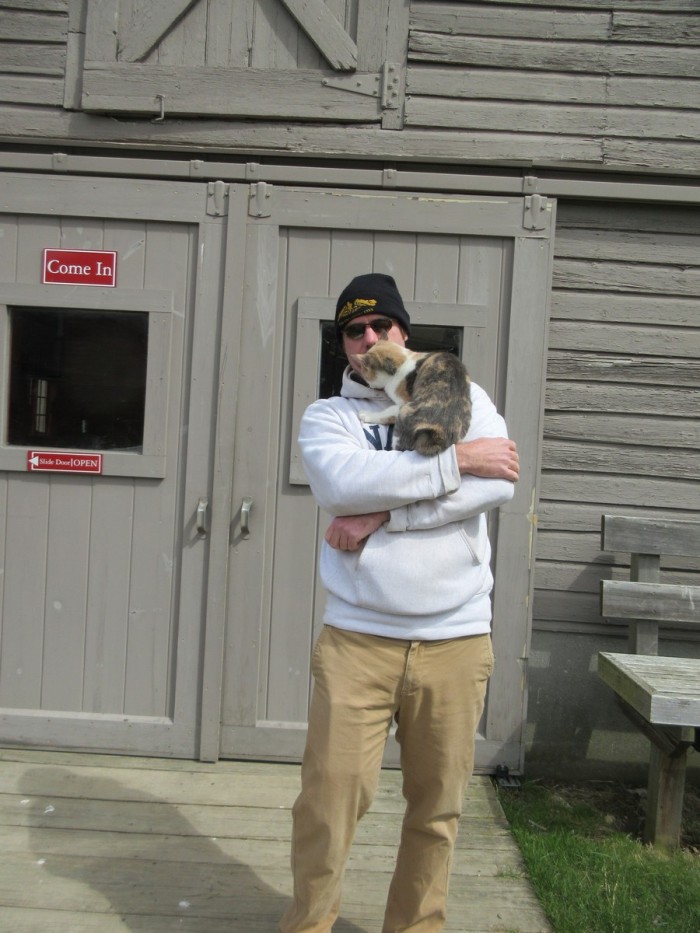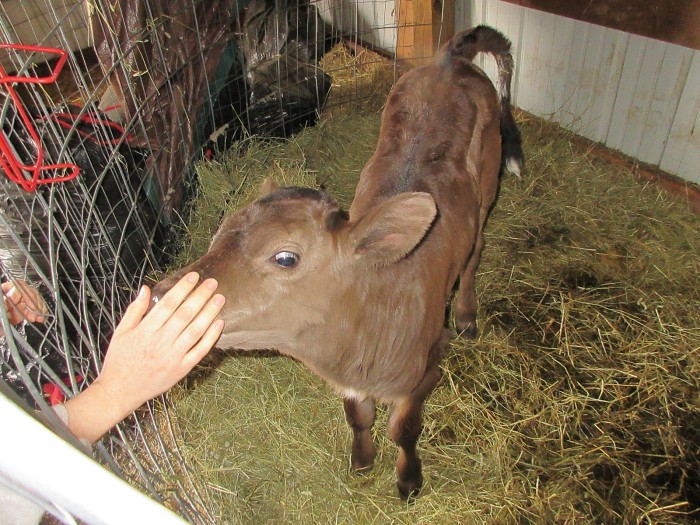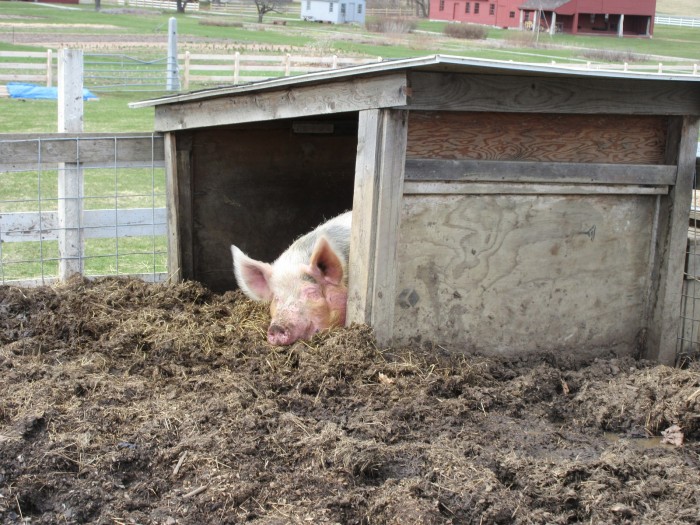
This isn’t really related and I hate to put everything in a military context but I hadn’t posted a picture in a while. This one’s not mine it’s from the Navy.
In a class today (as I’m writing this), we talked about decision making. The context was the whole pandemic thing going on, and the tendency of leaders who are worried about liability to wait on data to make a decision they already know they need to make. The advice was to put a lid on the amount of data you need to make a decision. That is, instead of always wanting for data, which is a dangerous path because there is always more data that you both could get and more data that you wish you could have, decide what data is truly important to make the decision. When you have that data, go ahead and make the decision. An objection was raised, in that some decisions are so monumental and the outcomes so unknowable, such as injection aerosols into the atmosphere to halt climate change, that you might never know the amount of data needed to make the decision, and simultaneously it might be better to wait.
Having made a number of decisions when I was in the Navy, I have a framework for how I think about decisions. An upfront point I want to make, and it is an insight I learned from an Animorphs book, is that not making a decision is just as much making a decision as making a decision is. That is, you can never really delay a decision, or choose not to make the decision. You are merely choosing to do nothing now, and then maybe do something later. Or you are choosing to let someone else make the decision, but that doesn’t absolve you of the responsibility of putting the decision in their hands. That is, you have chosen to let other factors or other people make the decision for you. That can sound nice, but since you chose to let someone else make the decision, the responsibility for the outcome of their decision still rests with you.
I also like to say that I used to think that 99% of decisions don’t matter, but now I think that it is something more like 99.999% of decisions don’t matter, or maybe none at all do. The important thing is that a decision is actually made. My favorite depiction of this was in the movie Battle: Los Angeles. In the movie (if I remember correctly), Staff Sergeant Michael Nantz is haunted by a decision he made in Iraq when leading his squad. They came to a fork in the road, and he had to choose to go left or right. He chose one, his squad was ambushed, and all his squadmembers killed. But the outcome of the decision was unknowable. He had no way to tell that if he chose a particular route, they would be ambushed. But he had to make a decision; they couldn’t just sit there. So he made a decision, and it went poorly, and although he was responsible for the outcome of that decision, it wasn’t his fault. So I hesitate to say any decision matters because the counter-factual is unknowable. If you do your best in making a decision, and make that decision decisively, and accept responsibility for the outcome, then you can’t beat yourself up over how else things could have gone.
The next bit is to address how to know when you are doing your best in making a decision. As a Division Officer and a Watch Officer, I messed a whole lot of stuff up. Like a whole lot of stuff. I was responsible for two incident reports (not actually the ship record I think), and for at least part of I think every year I was there I was responsible for the majority of critiques. Maybe it’s not the most healthy thing, but when I was making a decision I started to think, if everything went horribly wrong, how I would explain my decision at the critique. Could I articulate my thought process that lead me to a decision? Was there an obvious thing I could have done to mitigate a bad outcome? If I decided to forgo something, was I able to explain my risk calculation is forgoing it? What were the factors influencing my decision? Was I harried, tired, rushed, lazy? Most of all, was my decision reasonable?
If, in the world where every risk we took went south and things blew up horribly, I could imagine myself still successfully explaining my actions, then I figured the decision was good to go.
As a leadership point, I think one important skill to practice is actually making decisions. Especially in a scenario like a Navy ship, where the Engineer or the XO or the Captain are just a phone call away and encourage you to call them, and where they’re paranoid about letting you run free anyways, it’s easy to just keep shoving decisions up a level. Call up the Engineer and ask for advice or permission for things. Instead, you have to consciously make every single decision you are allowed to make. I would get frustrated when other people stood Officer of the Deck and didn’t take advantage of the situation to do as many practical factors for people qualifying as possible. You had a whole nuclear-powered warship at your disposal to do pretty much anything you wanted! Surface the thing! Dive again! Ventilate! Snorkel! Do Williamson turns for funsies! But no instead people would do boring stuff because they were afraid to make a decision. One way I tried to fight this was by making small decisions. As soon as I took the watch I liked to change course, speed, and depth by as small a factor as possible, usually one degree or one turn. By making small decisions, and by encouraging my under-instructs to make small decisions, it makes you more comfortable and practiced in making the large decisions when the moment calls for it.












You must be logged in to post a comment.